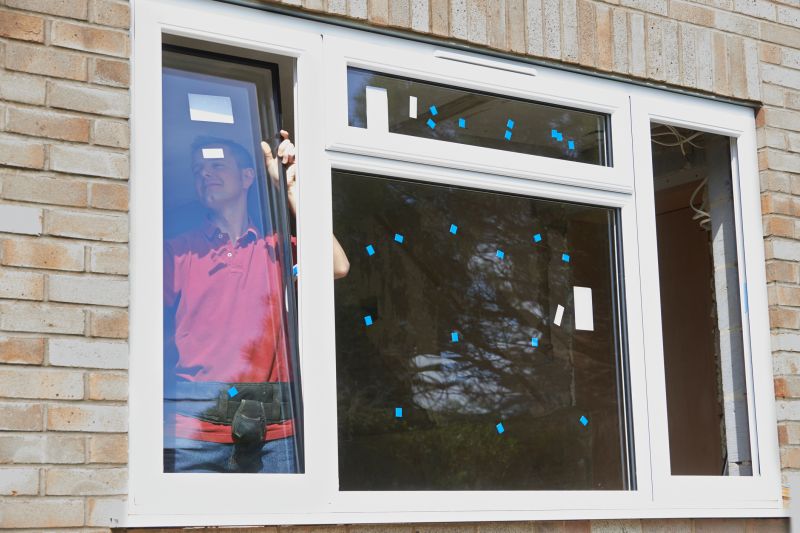Optimal Timing for Windows Installations
Windows installations are most effective when scheduled during periods of low system activity. Typically, this includes late evenings, weekends, or during planned maintenance windows. Timing installations during these periods minimizes disruptions to daily operations and allows for thorough system updates.
Spring and fall often provide ideal conditions due to moderate temperatures and less interference from seasonal weather patterns, facilitating smoother installation processes.
Late evening hours are recommended to reduce impact on productivity, especially for business environments, allowing updates to occur without interrupting work hours.
Aligning installations with scheduled downtime or maintenance periods ensures minimal operational disruption and allows for proper testing post-installation.
Performing installations during periods of low network and system load helps prevent conflicts and ensures faster, more reliable updates.

A step-by-step visual overview of the Windows installation process, from preparation to completion.

Images illustrating optimal timing and scheduling for Windows updates and installations.

Visuals of tools and software used in Windows installation procedures.

Photos showing preparatory steps before Windows installation, such as backups and system checks.

Images depicting configuration and setup after Windows installation is complete.

Visuals of scheduled maintenance windows for system updates.

Screenshots of common issues and troubleshooting steps during Windows installation.

Images showing completed Windows installations on various systems.

Visuals of remote Windows installation setups and procedures.
| Timing Factor | Details |
|---|---|
| Seasonal Timing | Spring and fall are preferred for moderate weather conditions. |
| Time of Day | Late evening or early morning reduces operational impact. |
| Operational Schedule | Coordinate with planned downtime for minimal disruption. |
| System Load | Perform during low network and system activity periods. |
| Update Frequency | Monthly or quarterly schedules help maintain security. |
| Environmental Conditions | Avoid extreme temperatures or humidity during installation. |
| Resource Availability | Ensure technical staff and tools are available during scheduled times. |
| Backup Procedures | Complete backups before installation to prevent data loss. |
Windows installations are critical for maintaining system security, performance, and compatibility. Proper timing ensures minimal disruption and maximizes the effectiveness of updates. Regularly scheduled installations contribute to system stability and reduce the risk of vulnerabilities.

Screenshot of Windows update interface showing scheduled updates.

Image demonstrating backup procedures prior to Windows installation.

Visual of a completed Windows installation message.

Image illustrating remote Windows deployment in a network environment.
Interested in scheduling Windows installations or updates? Filling out the contact form provides an opportunity to discuss tailored timing options and ensure a smooth process for system upgrades.







